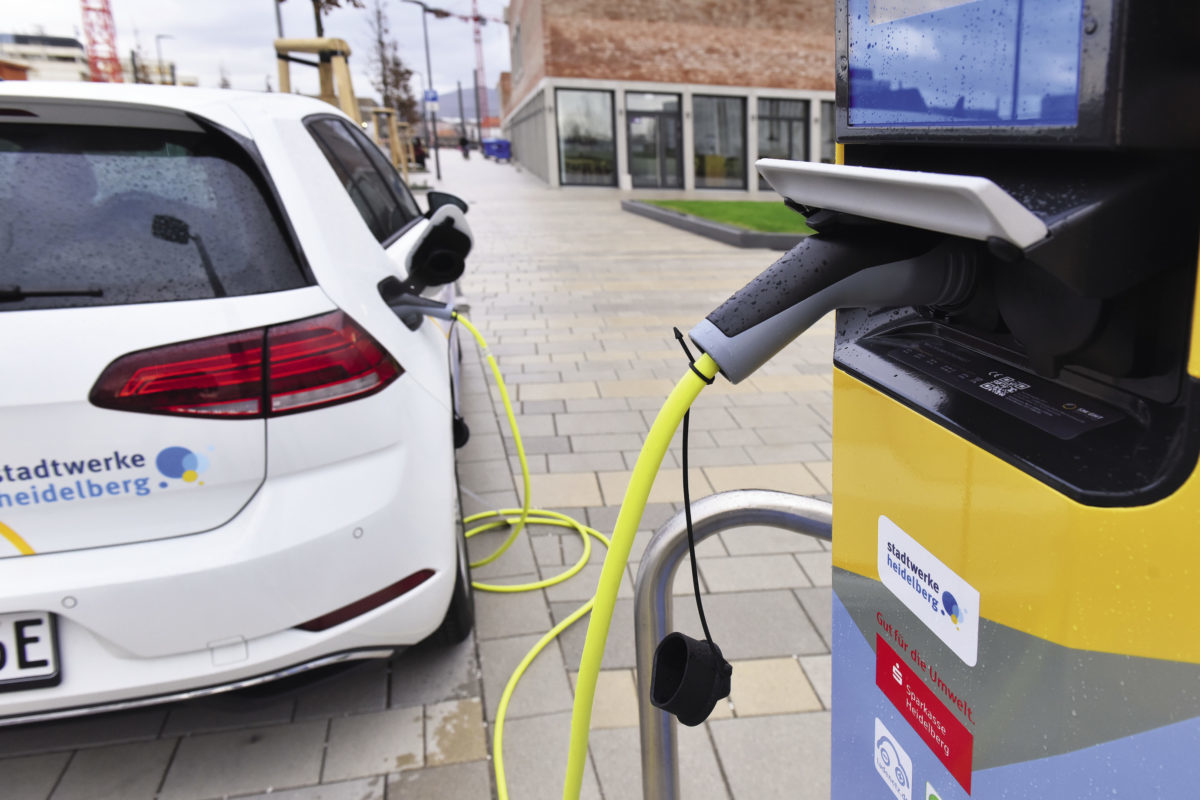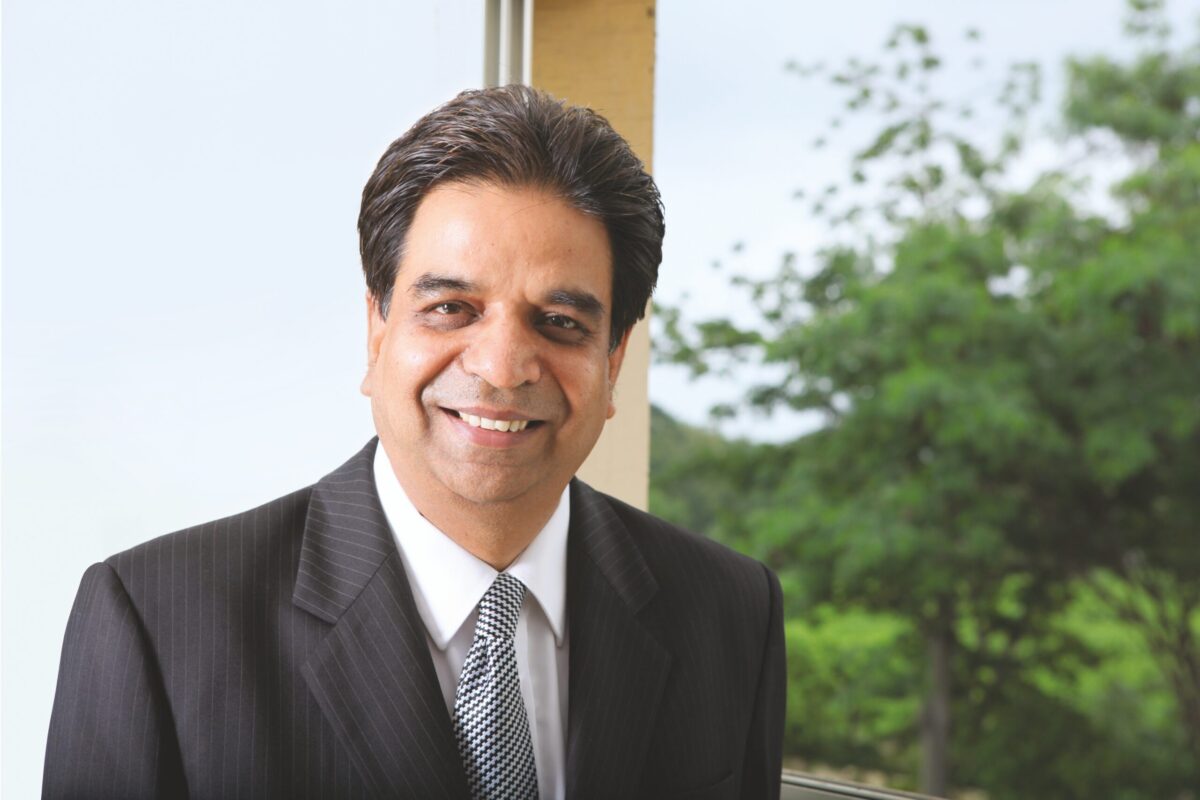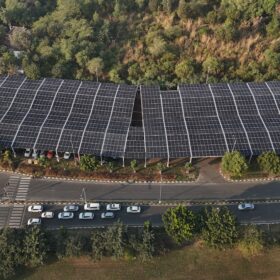Consumer risk perception, a downward trend in fuel prices and supply chain disruptions are among factors that may significantly impact the demand for electric vehicles (EVs) for the next two to three years. The industry would require continued support from the government to create consumer preference towards EVs—highlighted Electric Vehicle Committee of the Federation of Indian Chambers of Commerce and Industry (FICCI) recently.
The impact of Covid-19 could make consumers more risk-averse to new technologies and higher-priced vehicles, such as EVs, noted FICCI EV Committee.
Further, it said the downward trend in fuel prices would negatively affect the cost-benefit of EVs in the medium term. Adverse impact of supply chain disruptions is also more likely on EVs than the internal combustion engine (ICE) vehicles mainly because the supply chain for EVs in India is beginning to get established, vis-a-vis a long established supply chain for ICE vehicles.
Impact varied
The committee stated the propensity of change in consumer behaviour might not be the same across all segments of EVs. Specific segments like two-wheelers and three-wheelers may not be impacted in the long term.
E-bus segment will be affected as State Transport Undertaking (STUs) may not have sufficient funds for the procurement. Additionally, factors like fall in diesel prices and concern of fund availability will further impact the demand for EV buses and this may encourage STUs to buy ICE (diesel) technology buses.
Suggestions
To sustain the efforts made towards electrification and to attract investment, adopting a technology agnostic approach would be an appropriate pathway to achieve India’s EV targets.
Shekar Viswanathan, Vice Chairman & Whole Time Director, Toyota Kirloskar Motors, and Chairman, FICCI Electric Vehicle Committee, said, “In the recent past, the overall auto sector hasn’t been performing well and the current Covid 19 outbreak has further exacerbated the situation. Electric mobility, which is in the nascent stage, is also not insulated from this impact.”
“To understand the ground realities, FICCI arranged for inputs from its members for feasible recommendation to the government to ensure sustainability of EV offtake in the country as well as possible measures to attract investment for EV parts manufacturing especially in the wake of global development. We received many useful suggestions which FICCI will be recommending to government for their consideration,” he added.
Describing the situation as a testing time for the EV industry, Ms Sulajja Firodia Motwani, Founder and CEO of Kinetic Green, and Co-chair of FICCI EV Committee, said, “EV sector has received good support from the government in last one year, and that led to a spurt in sales of EVs. The nascent sector must be supported during these challenging times given the long-term significance of EVs for reduction of air pollution and towards fuel security.”
“We will be recommending an extension of FAME II scheme [the second phase of Faster Adoption and Manufacturing of (Hybrid) and Electric Vehicles scheme] by at least a year to 2023. We will also put our efforts to secure support electric vehicle financing from banks and NBFCs in a major way. To boost investments by EV component suppliers, focus on Make in India, and unwavering support by the government of India to EV sector will be crucial. I am confident that the EV industry will sustain, recover and rebound from this demand downturn.”
The second phase of FAME India Scheme, which is for three years commencing from April 1, 2019, provides total budgetary support of Rs10,000 crore.
This phase mainly focuses on supporting electrification of public and shared transportation. It aims to support (through incentives) about 7000 e-buses, 5 lakh electric three-wheelers (e-3W), 55,000 electric four-wheeler (e-4W) passenger cars and 10 lakh electric two-wheelers (e-2W). Besides, the creation of charging infrastructure will be supported to address range anxiety among users of electric vehicles.
This content is protected by copyright and may not be reused. If you want to cooperate with us and would like to reuse some of our content, please contact: editors@pv-magazine.com.









The fundamental problem with Green Technogies… including EV’s… is there is NO POLLUTION PENALTY FOR POLLUTERS….
Now that Oil Prices have depressed … the EV/ICE INDUSTRY WANTS TO REWARD POLLUTING VEHICLES….
Mr Viswanathan …. heads BOTH EV/ICE Organizations (TOYOTA)…. so nothing less can be expected from one with “Conflict of Interest”.
HIS AND TOYOTA’S HEART IS WITH ICE VEHICLES AFTER ALL…. IS IT NOT…???